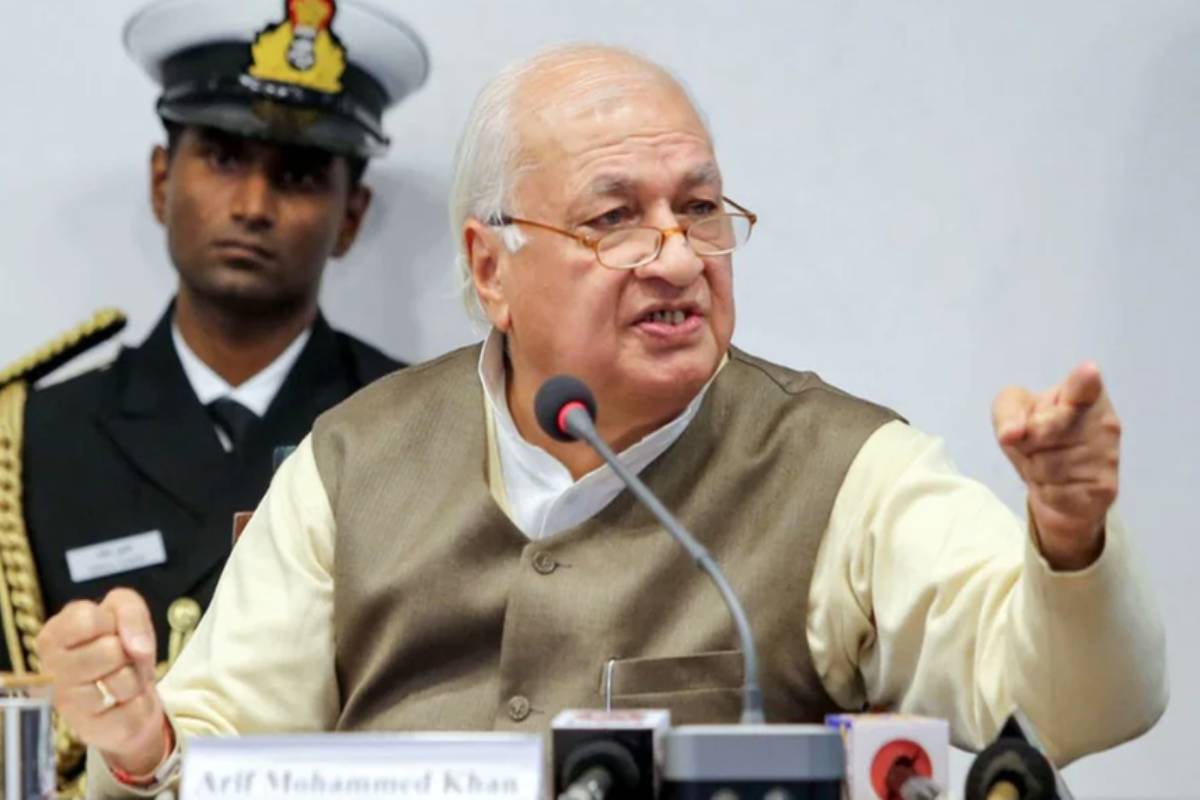The Kerala Assembly on Tuesday passed a bill to remove the governor as chancellor of the universities in the state. The Assembly passed the University Laws (Amendment) Bill that amends laws relating to the governance of state universities and removes the governor as the chancellor of universities in the state.
The Bill seeks to amend eight Acts relating to different universities to remove the governor as the ex-officio chancellor of the universities and to empower the state government to appoint a chancellor.
Advertisement
“The government shall appoint an academician of high repute or a person of eminence in any of the fields of science including agriculture and veterinary science, technology, medicine, social science, humanities, literature, art, culture, law or public administration as the Chancellor of the university,” says the bill.
The bill was passed in the absence of the Opposition, as they walked out raising a demand that a retired judge should be appointed as the chancellor. The Opposition also demanded that the vice-chancellor shall be selected by a selection panel comprising the chief minister, leader of Opposition and the Chief Justice of the Kerala High Court.
It is to be noted that the bill has been passed amidst the ongoing tussle between the LDF government and Governor Arif Mohammed Khan over various issues, including the selection of Vice Chancellors of universities.
The Tussle between the government and Governor Khan escalated in October after the Governor asked 11 vice-chancellors in Kerala to resign after the Supreme Court quashed the appointment of MS Rajashree as the V-C of the Kerala Technical University for flouting University Grants Commission guidelines.
The Bill will now be placed before Governor Arif Mohammed Khan himself for his assent. Governor Khan, last week, said that he would decide on signing the bill to remove him from the position of Chancellor after the bill comes in front of him. He added that the state government needs central approval if it wants to bring a change in the existing law, as the subject is in the concurrent list.
The governor further said that he would not hesitate to sign the bill if there is central approval. Earlier, he has said that he would not give his assent to the bill and would instead pass it on to the President as he did not want to sit in judgment over a piece of legislation that directly deals with his role.
Political observers hold the view that Governor Khan is unlikely to give his assent to the bill. He may refer the bill to the President.











